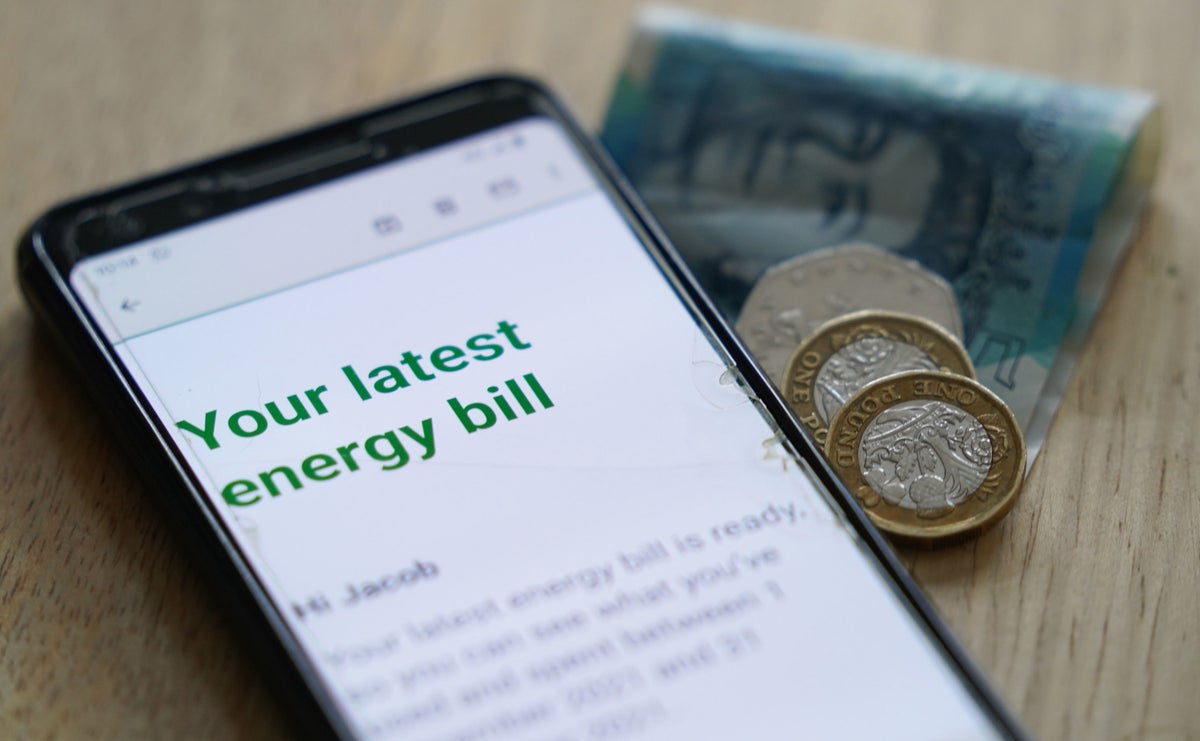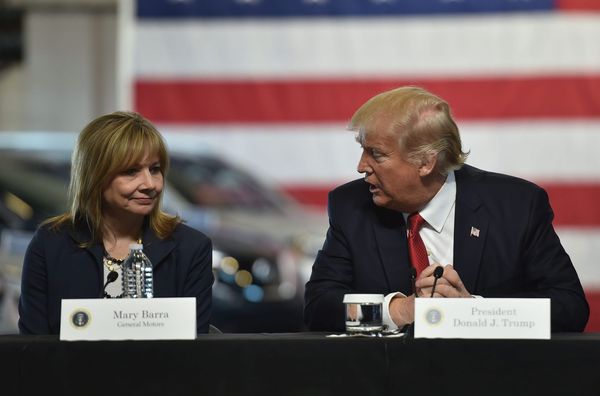
Vulnerable Britons will be even worse off in 2023 than in the year gone by because the government’s planned cost of living payments aren’t generous enough, campaigners have warned.
The Department for Work and Pensions (DWP) announced on Tuesday the payments schedule which will see eight million households on low incomes receive fresh cost of living support in spring.
The £900 cash support for eligible means-tested benefits claimants – including people on universal credit, pension credit and tax credits – starts in the spring and will go directly to bank accounts in three payments, the DWP said.
The first payment of £301 will be made in spring 2023, a second £300 payment made in autumn 2023 – but the third payment of £299 won’t be made until spring 2024.
There will also be a separate £150 payment made in summer for more than six million people with disabilities, and £300 given next winter for over eight million pensioners on top of their Winter Fuel Payments.
But Simon Francis, coordinator of the End Fuel Poverty Coalition, said vulnerable families will be “worse off” than they were last year – saying the £1,350 cash available in the year ahead was less than the £1,500 support available for the year up until April.
“Despite energy bills increasing by 20 per cent from April 2023, the support for the most vulnerable announced by the government has not increased from last year,” he said.
The campaigner added: “In fact, with the end of the energy bills support scheme looming, households will be worse off than they were this winter.”
He also noted that the average household bills will go up from £2,500 to £3,000 from 1 April, when the £400 energy bills support scheme for all households also comes to an end.
A YouGov survey for the Warm This Winter campaign showed 18 per cent of the population (nine million adults) were living in cold, damp homes in December.
Mr Francis added: “This winter we have seen over nine million adults living in Dickensian conditions in cold damp homes. The government must go further to help the millions of homes in fuel poverty throughout 2023.”
The next round of support for households was previously unveiled in chancellor Jeremy Hunt’s autumn statement, building on payments made to more than eight million people in 2022.
Work and pensions secretary Mel Stride said: “We are sticking by our promise to protect the most vulnerable and these payments, worth hundreds of pounds, will provide vital support next year for those on the lowest incomes.”
Mr Hunt acknowledged that times remained “tough” for families struggling to cope with inflation – but again blamed the “aftershocks” of Covid and Putin’s war in Ukraine.
“These payments are on top of above-inflation increases to working-age benefits and the energy price guarantee, which is insulating millions from even higher global gas prices,” he said.
The government said payments to those who are eligible will generally be automatic, so there will be no need to apply. People should watch out for scammers sending fake cost-of-living messages attempting to trick people into handing over their personal information.
The 2022 support package included a £650 cost of living payment for means-tested benefit claimants, split into two payments, plus payments for people with disabilities, and pensioners. A £400 energy bill discount for households will continue to run through March.
Meanwhile, campaigners warned that the forced use of pre-payment meters is hitting many smart meter customers – pointing to new data released under Freedom of Information rules.
Recent figures show energy companies have secured almost 500,000 court warrants to install pre-payment meters in homes of struggling customers in debt since the end of lockdown.
New figures, obtained by the Bureau of Investigative Journalism (TBIJ), and shared with the End Fuel Poverty Coalition, reveal that in 64.4 per cent of cases, a smart meter was forced into a pre-payment mode as the customer was in debt to their energy firm.
Mr Francis said the figures “reveal the extent to which unscrupulous suppliers are forcing people onto more expensive tariffs by switching their smart meter remotely onto pre-payment mode”.







